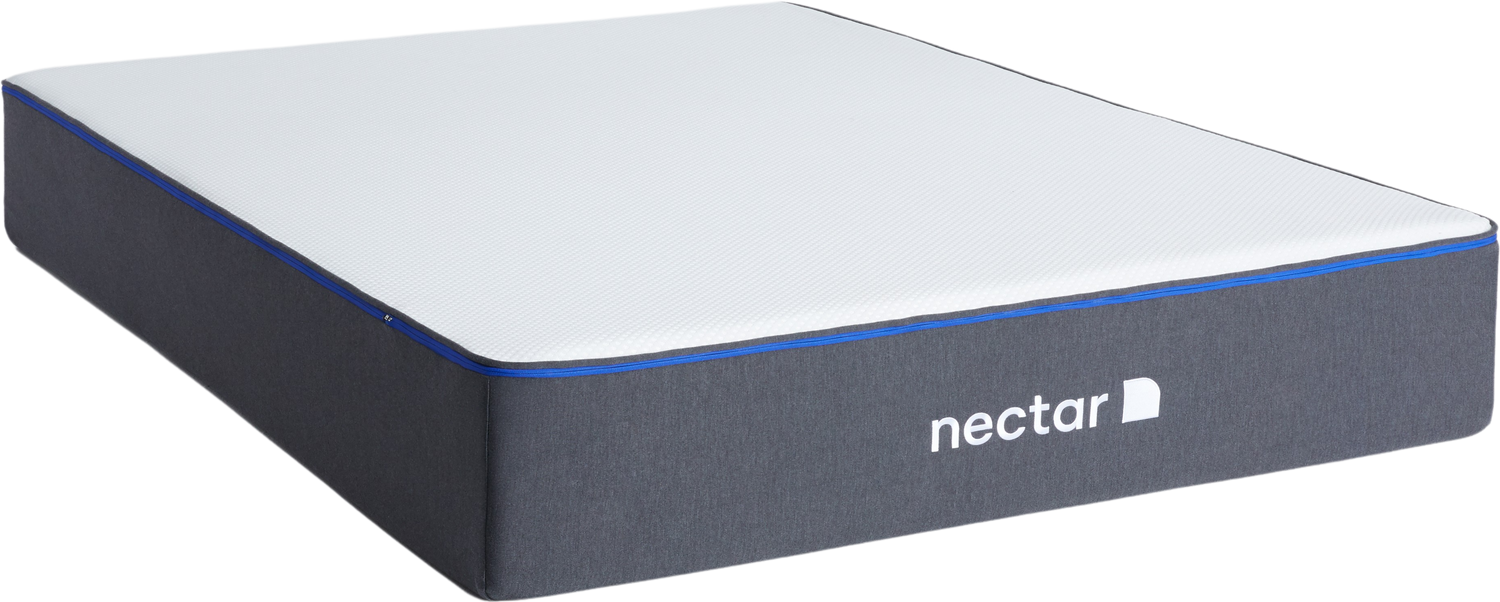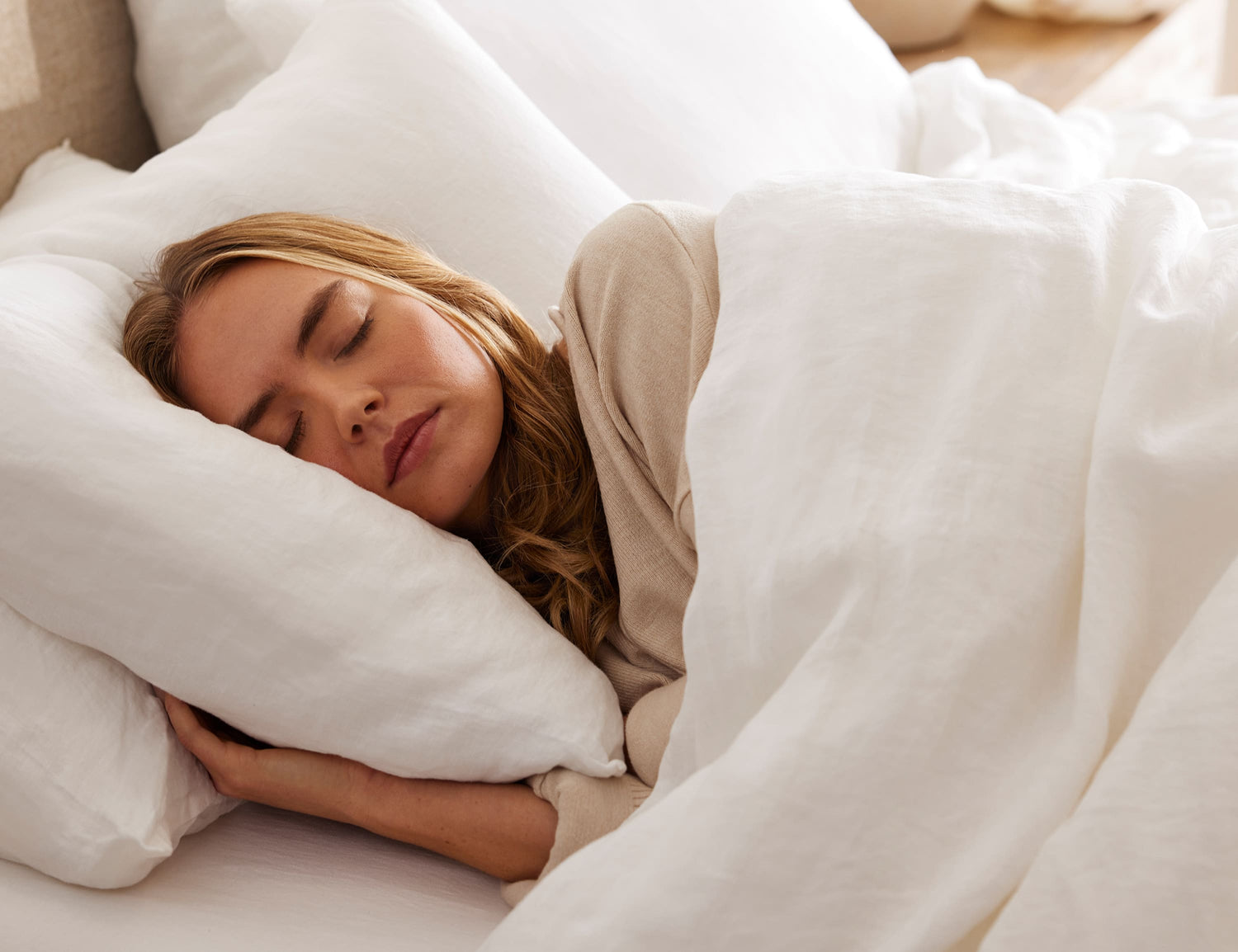Why Menopause Can Cause Insomnia
During menopause, levels of estrogen and progesterone decline. These hormones play a key role in regulating sleep, so changes can disrupt your natural sleep cycle. Hot flashes, night sweats, and mood swings can further interfere, leaving you restless and exhausted. Even small hormonal shifts can make it harder to fall asleep, stay asleep, or get restorative rest, creating a cycle of fatigue and frustration.
How Insomnia Impacts Your Health
Chronic insomnia doesn’t just make you tired — it can affect your overall wellbeing. Poor sleep is linked to higher stress levels, decreased concentration, irritability, and even impacts on heart and bone health. That’s why addressing menopause-related insomnia is so important, not just for comfort but for long-term health.
Strategies to Improve Sleep
While hormonal changes are inevitable, there are steps you can take to reduce insomnia and improve sleep quality:
-
Keep a regular sleep schedule – Going to bed and waking up at the same time each day helps regulate your body clock.
-
Create a cooling, comfortable sleep environment – Lightweight bedding, breathable pajamas, and a mattress that promotes airflow can help manage night sweats and hot flashes. Mattresses with MTick certification are specifically designed to support menopause-related sleep disruptions.
-
Limit stimulants and heavy meals before bed – Caffeine, alcohol, and large dinners can interfere with falling asleep.
-
Relaxation techniques – Meditation, gentle stretching, or deep-breathing exercises before bed can calm your mind and body.
-
Exercise regularly – Daily activity improves sleep quality, but try to avoid vigorous workouts close to bedtime.
Choosing the Right Mattress
The surface you sleep on can make a bigger difference than you might expect. A mattress that regulates temperature, relieves pressure, and supports your spine can help reduce nighttime awakenings and improve overall sleep quality. Ventilated foams, gel-infused layers, and hybrid designs all encourage airflow, helping to manage menopause-related heat and discomfort.
Does menopause insomnia go away?
Menopause insomnia can feel frustratingly persistent, but the good news is that it often improves over time. As your body adjusts to hormonal changes, the intensity and frequency of sleep disruptions like night sweats, hot flashes, and restless nights may gradually decrease. That said, the timeline varies for everyone — some people experience relief relatively quickly, while others may continue to have intermittent sleep issues for several years. Meanwhile, adopting strategies like creating a cool, comfortable sleep environment, following a calming bedtime routine, and choosing a supportive, temperature-regulating mattress can help manage symptoms and make nights more restful in the meantime.
When to Seek Professional Help
If insomnia persists despite lifestyle changes, it’s worth speaking with a healthcare professional. They can help identify underlying causes and suggest treatments or therapies tailored to your needs.
Finding Relief
Menopause and insomnia can feel overwhelming, but small, intentional changes — from creating a sleep-friendly environment to choosing a supportive, temperature-regulating mattress — can make a real difference. With the right approach, you can reclaim your nights, wake up refreshed, and feel more in control of your sleep.
Need help picking a mattress designed for menopause-related sleep issues? Our sleep experts are happy to guide you to the best option for your needs.
This blog post is for informational purposes only and does not constitute medical advice. If you have concerns about your sleep, health, or wellbeing, please consult your GP or a qualified healthcare professional. The views expressed in this post are those of the author and are intended to share general insights, not to diagnose or treat any condition.




